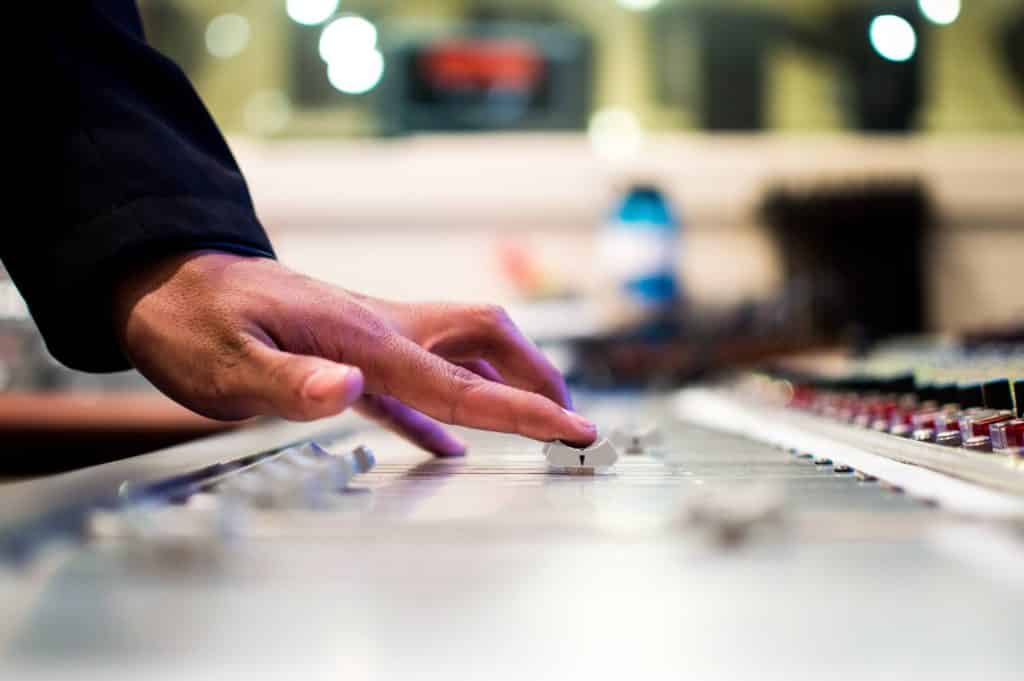
The popularisation of sounds from across the musical spectrum makes it easier than ever to become a music producer. In fact, several of today’s most notable and well-listened producers emerged with little equipment to their name.
As the Guardian points out, some of the producers associated with the most successful modern genres emerged from producers growing in “areas with few opportunities”. Even the Kinks harnessed their trademark sound through smashing amplifiers to bits.
That being said, a bit of equipment is certainly helpful when getting started as an aspiring musician. The good news is that you don’t need to break the bank. With a few essential bits, you can start playing around and making good music.
Step One: Start with a Computer
You don’t need a computer to record your music, but, in the modern age, it’s near non-negotiable. According to statistics reported by the BBC, online streaming accounts for 50.4% of UK music consumption, a huge majority. Simply put, to get your music out there, you need to be online. Even if you’re not interested in promotion, a computer is simply the easiest way to record, and the versatility of modern technology – your computer could be a laptop, tablet or just your smartphone – allows you to apply a wide range of pre- and post-processing techniques to your tunes.
Step Two: Up Your Game with a Keyboard Controller
Many modern music producers will be digitally native and therefore talented with the mouse and keyboard or touch devices. What a keyboard controller offers is a tactile way to seamlessly sequence and play around with noises and samples. This allows you a greater level of flexibility and, arguably, an easier way to hear and play around with sounds. Plus, many of the greatest music producers are accomplished pianists, from George Martin to Dr Dre.
Step Three: Take it Next-Level with a Digital Audio Workstation
Tying together the digital technology of a studio with manual devices like a keyboard is the digital audio workstation – or DAW. Physical or entirely digitally based through programmes like FruityLoops and Sony Acid, the DAW provides the canvas on which you metaphorically paint. Increasingly, DAWs are managed entirely through the computer – in which case software is the main selling point. Many companies offer free and trial versions of software, and there are numerous good freeware products available.a
Becoming a music producer is no longer barred by money. Using digital technology, it is entirely possible to construct your own music tracks with relative ease. With a little equipment, you can get up and firing, giving you the opportunity to focus on honing your sound.
Courtesy of Sally Collins